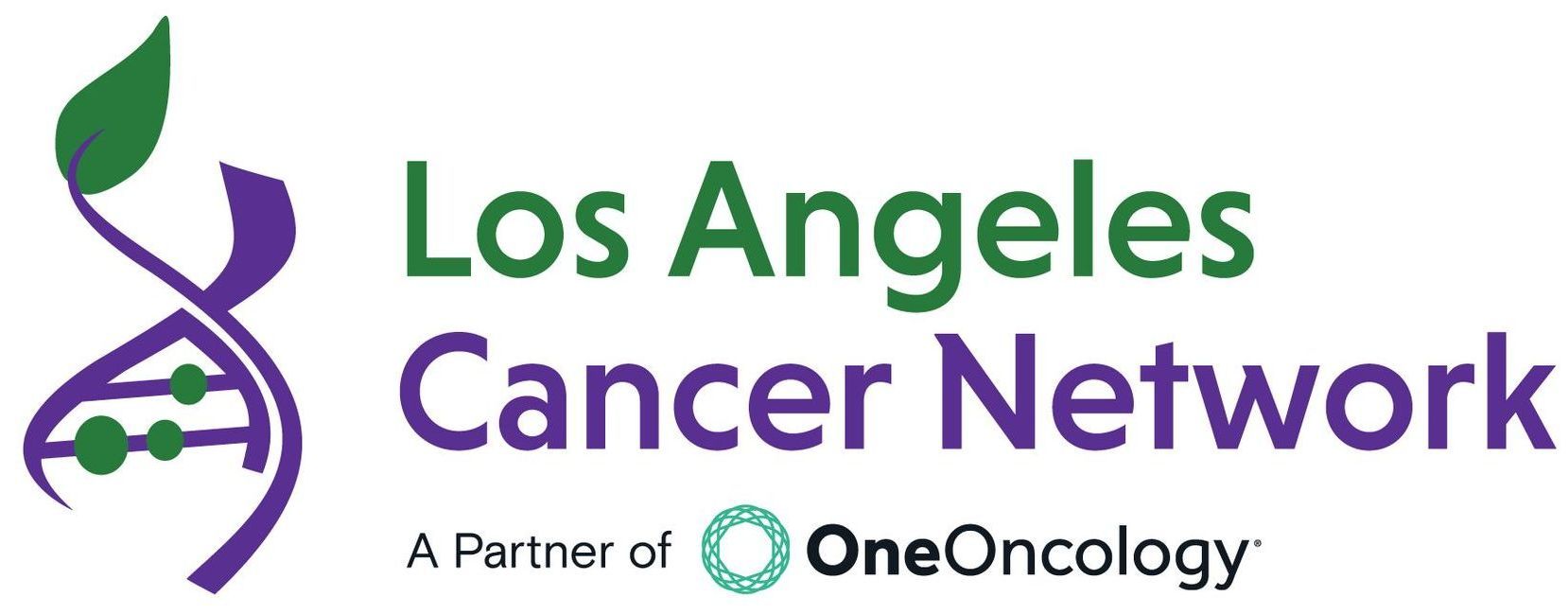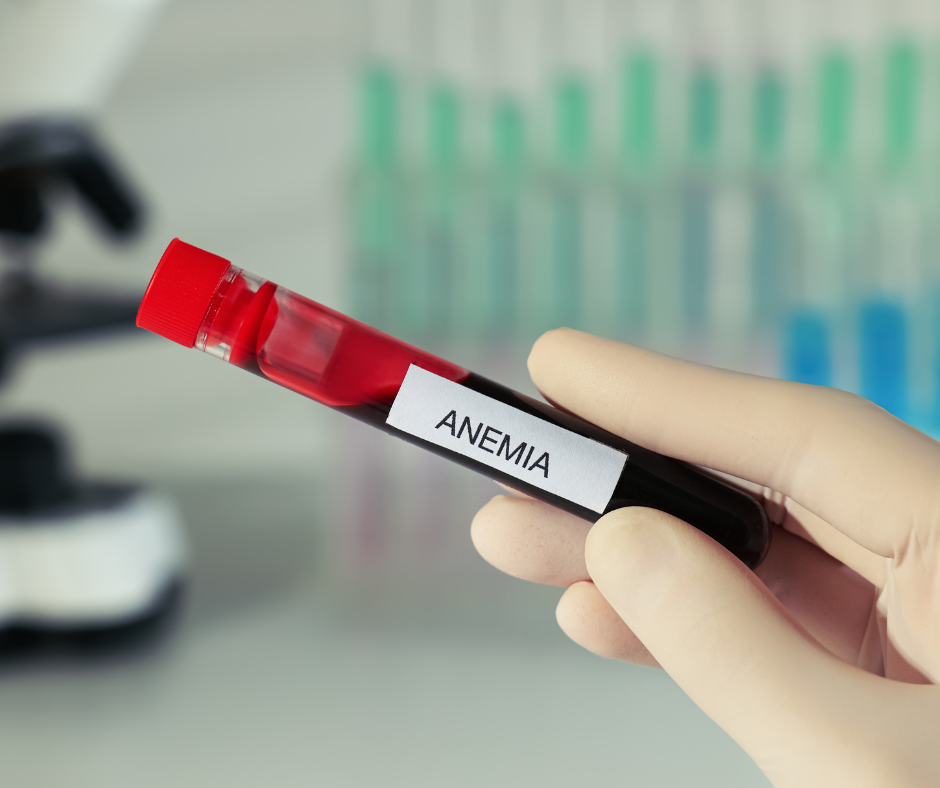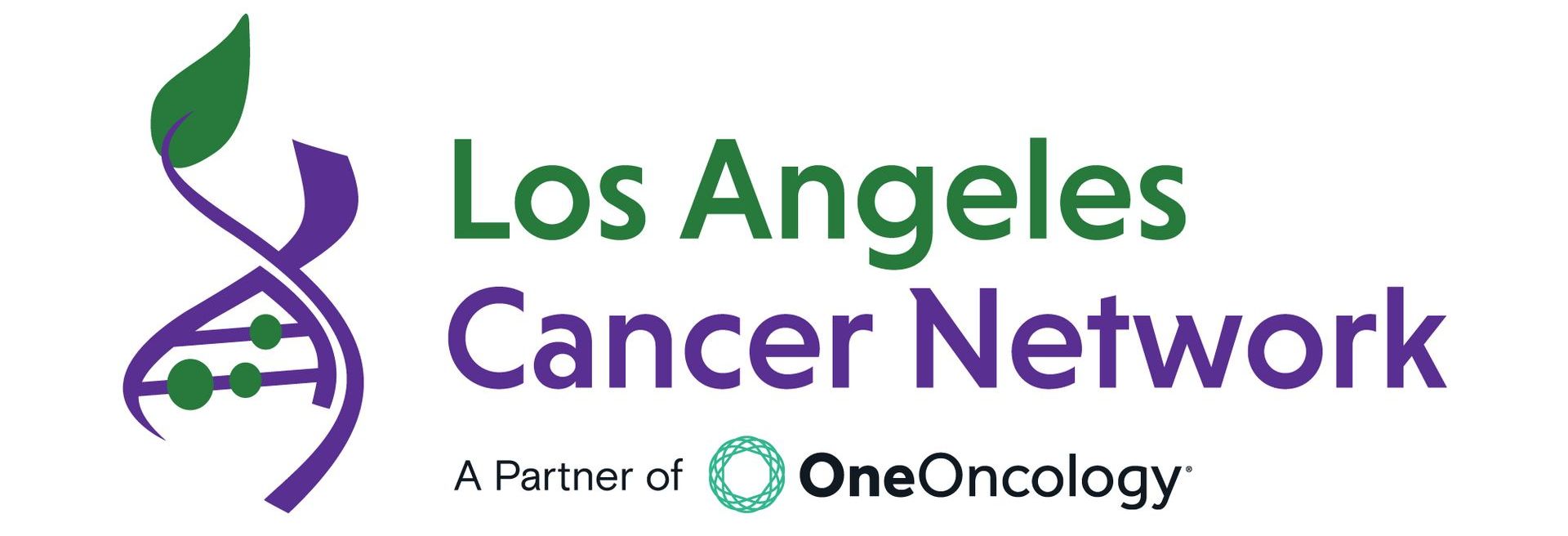Understanding Bile Duct Cancer
Understanding Bile Duct Cancer

Bile duct cancer, also known as cholangiocarcinoma, is a rare but challenging disease. This relatively rare cancer can be hard to diagnose and treat, making it crucial to understand its risk factors, signs, and symptoms. Learning to recognize the symptoms better can empower you or your loved ones to get the necessary treatment as soon as possible.
What Is Bile Duct Cancer?
Bile ducts are a network of tubes that play a vital role in digestion. They carry bile, a digestive fluid produced by the liver, to the small intestine. This fluid helps break fats down and helps absorb vitamins and other nutrients.
Bile duct cancer or cholangiocarcinoma are cancerous cells that may develop within these ducts. This type of cancer can develop anywhere along this network, with the two primary locations being:
- Intrahepatic: These cancers form within the finer branches inside the liver, often mistaken for liver cancer.
- Extrahepatic: These cancers occur outside the liver. There are two types of extrahepatic cancer:
- Perihilar: These tumors occur at the junction of the main bile ducts leaving the liver. This poses significant surgical challenges.
- Distal: These cancers are located further down the duct. They come with distinct symptoms compared to the other types.
Causes and Risk Factors
While cholangiocarcinoma’s exact causes remain a mystery, several risk factors can increase its likelihood. A significant factor is chronic inflammation of the bile ducts due to conditions like primary sclerosing cholangitis (PSC) and ulcerative colitis (UC).
PSC is a chronic liver disease characterized by inflammation and scarring (fibrosis) of the bile ducts inside and outside the liver. UC is a chronic inflammatory bowel disease that primarily affects the colon (large intestine) and rectum. It is characterized by inflammation and ulcers (sores) on the inner lining of the colon and rectum.
Parasitic infections with liver flukes pose another risk. These are more prevalent in Southeast Asia and parts of the Middle East. Bile duct stones and cirrhosis can increase susceptibility to bile duct cancer. This is because these conditions can damage the ducts and scar the liver.
Age is also a major factor, with the occurrence of bile duct cancer increasing dramatically in the population over 65. While slightly more common in men, a family history of the disease can increase susceptibility for both genders.
Recognizing the Signs and Symptoms
Early diagnosis of bile duct cancer is crucial for better treatment outcomes. However, symptoms can be vague and mimic other conditions, making them harder to detect. Being aware of potential signs can help you seek medical attention promptly:
- Jaundice: Yellowing of the skin and whites of the eyes.
- Dark Urine: Caused by increased bilirubin in the blood.
- Light-Colored Stools: Bile aids in stool color; its absence can lead to pale stools.
- Itching: This can be because of bile buildup in the skin.
- Abdominal Pain: Often located in the upper right abdomen.
- Unexplained Weight Loss: This can be a symptom of various cancers, including bile duct cancer.
- Fatigue: Feeling tired and drained even after rest.
- Nausea and Vomiting: These symptoms may be due to bile duct blockage.
Diagnosis
If you suspect you might have bile duct cancer or are experiencing symptoms, it's crucial to consult a healthcare professional. They will conduct extensive diagnosis that involves steps to understand the disease's extent and nature. Doctors will employ imaging tests such as CT scans, MRIs, and ultrasounds to inspect the bile ducts. These tests provide a comprehensive view that lets them identify any abnormalities or tumors. However, a conclusive diagnosis often requires a biopsy.
A small tissue sample is extracted for examination under a microscope during a biopsy. This process helps determine whether the cells are cancerous and, if so, the specific type of cancer. It's a meticulous process that demands precision to ensure accurate results.
Treatment Options
The specific treatment plan for bile duct cancer depends on factors like the location and stage of the cancer, your overall health, and personal preferences. Bile duct cancer treatment often involves a combination of the following:
- Surgery: Surgical procedures such as bile duct resection, liver resection, and liver transplant serve as primary treatment options for bile duct cancer. Skillful surgeons attempt to remove as much of the cancerous tissue as possible while preserving the critical functions of the liver and bile ducts.
- Chemotherapy and Radiation Therapy: Both these therapies complement surgical options and play crucial roles in treating bile duct cancer. The aim is to either shrink the tumor before surgery or destroy cancer cells that may have spread beyond the primary site. In some instances, post-surgery chemotherapy can eradicate residual cancer cells and reduce the risk of recurrence.
- Targeted Therapies and Immunotherapy: Advances in cancer research have paved the way for new treatments. This offers newfound hope in the battle against bile duct cancer. Targeted therapies involve medications targeting cancer cells, while immunotherapy harnesses the body's immune system to combat the disease. Through ongoing clinical trials, these innovative treatment approaches continue to show promise in enhancing outcomes for individuals grappling with bile duct cancer.
Beyond Medical Intervention: Support and Care
A cancer journey can be physically and emotionally taxing. This is because diagnosis can trigger a range of emotions, from fear to sadness. Therefore, seeking emotional support from friends, family, or support groups is vital. They can provide comfort and a sense of understanding.
You should also avoid certain foods and maintain proper nutrition during treatment. The cancer symptoms can affect one's ability to eat and digest food. In those cases, nutritionists can tailor dietary plans to help you receive essential nutrients during treatment.
You or your loved ones can find comfort in holistic approaches like yoga, meditation, and acupuncture. These practices help manage stress, improve sleep, and enhance overall well-being. However, you should consult your doctor before adding them to your treatment plan.
You or your loved one don't have to face bile duct cancer alone. LA Cancer Network is here to provide the support and care you need. Our team of board-certified hematologists/oncologists will deliver the best treatment. Call our team at (323) 900-0171 or request an appointment for a comprehensive and compassionate approach to facing bile duct cancer. Together, we can navigate this journey towards health and well-being.



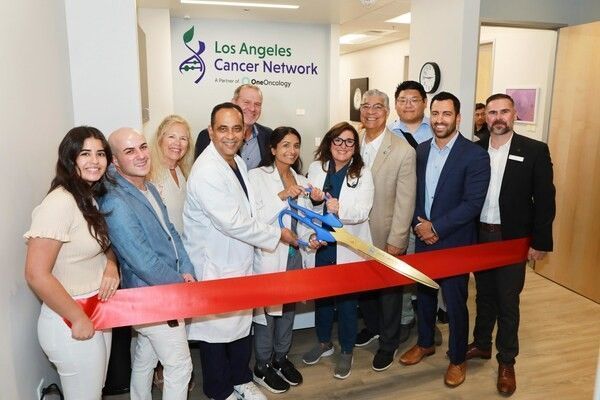
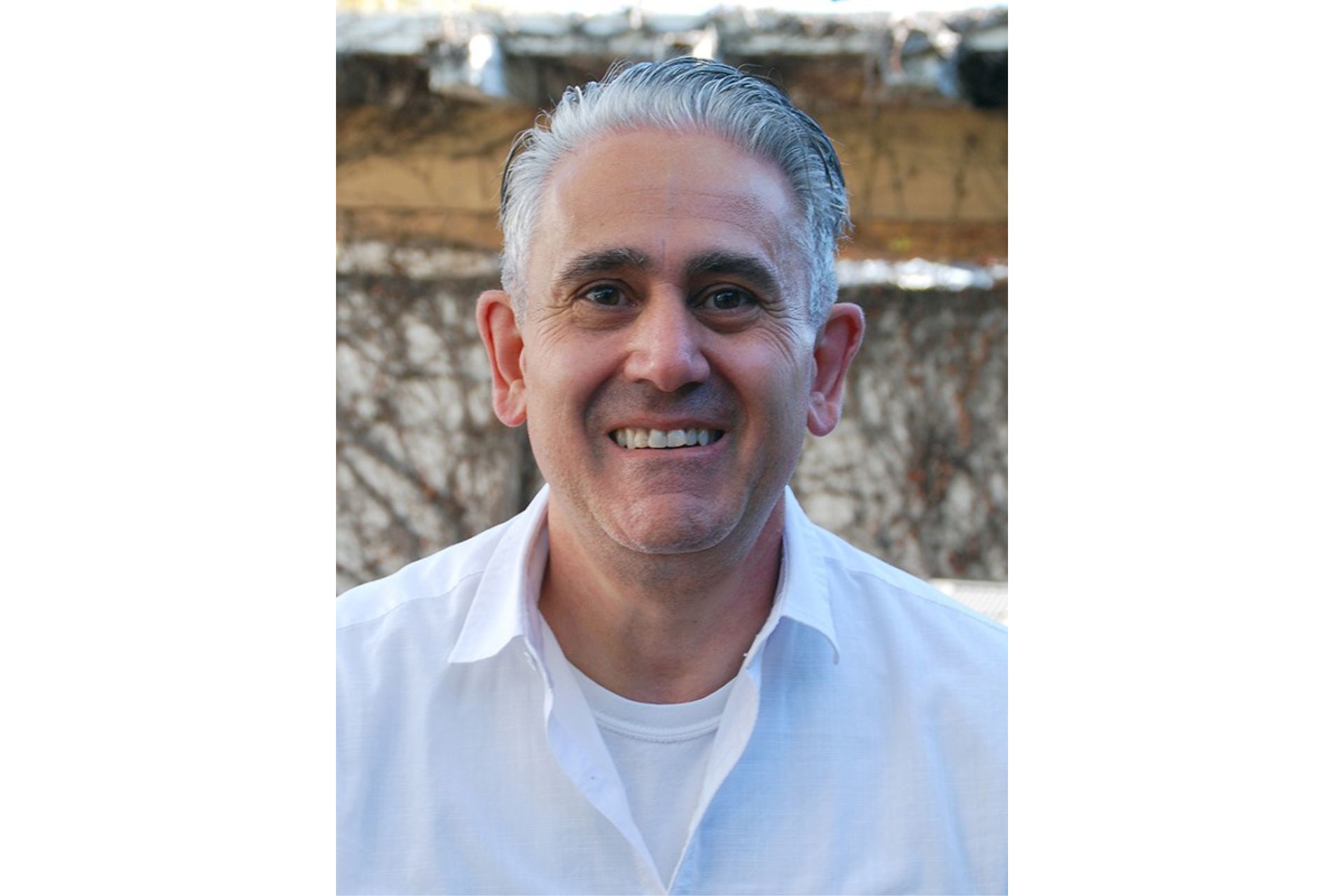
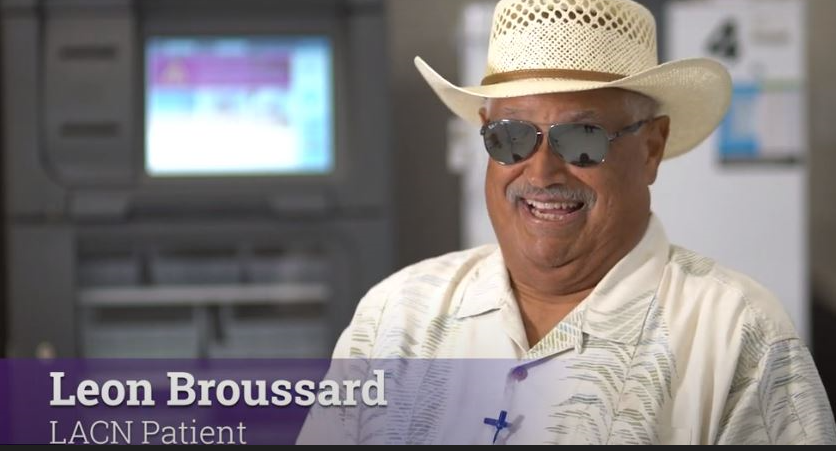
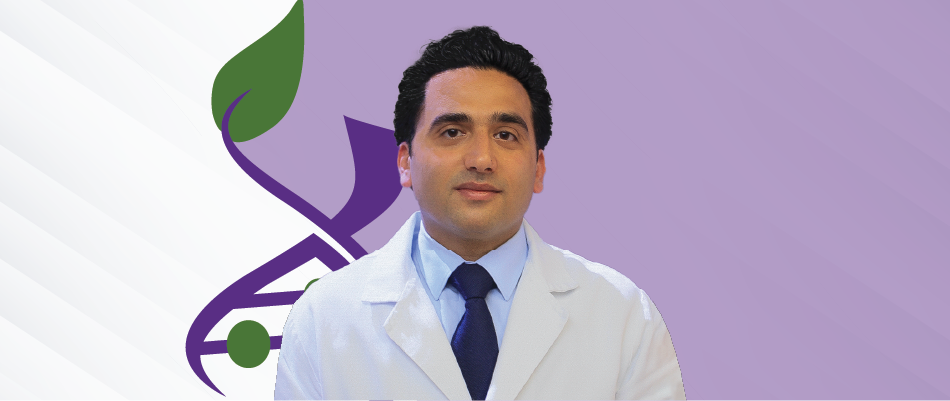
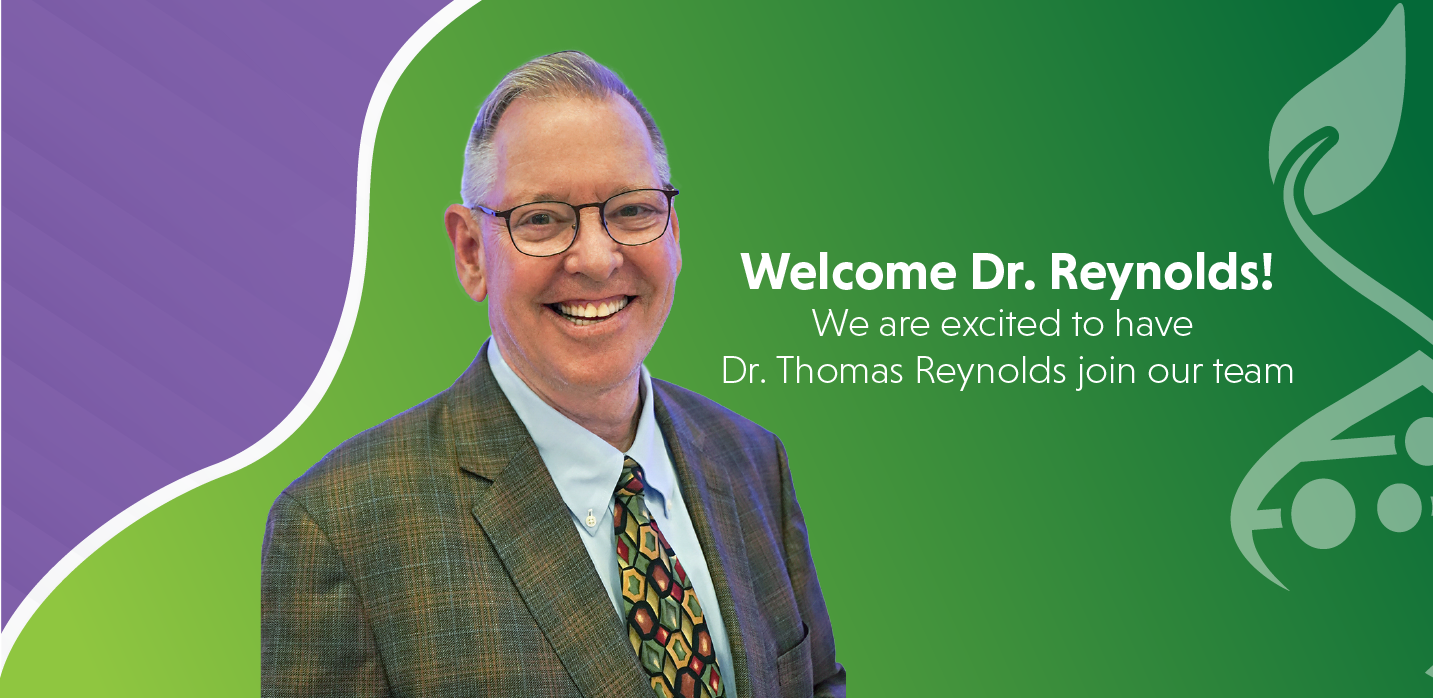
All Rights Reserved | Los Angeles Cancer Network
